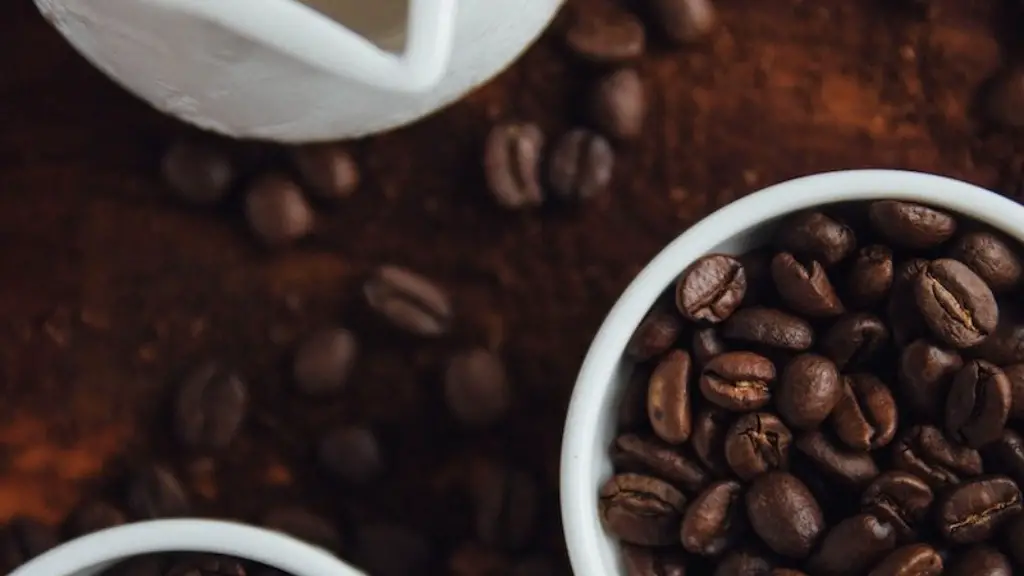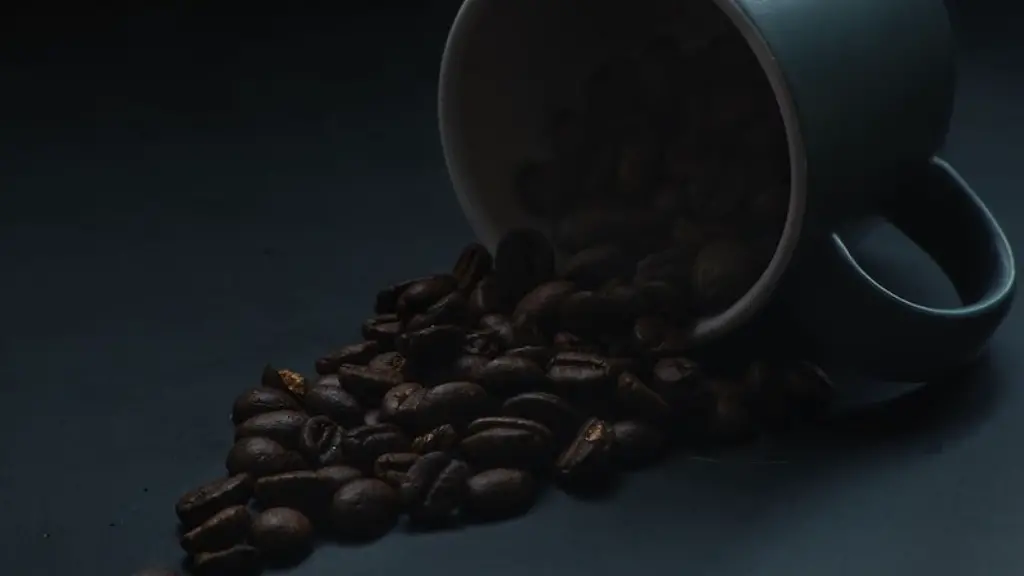You may hear conflicting advice about caffeine and epilepsy. Some healthcare professionals advise that one lower the caffeine intake and others may even advise totally avoiding caffeine altogether. The truth is, there is no clear answer and talking to your doctor should be a priority. But the key question here is – Can you drink coffee if you have epilepsy? Here is an overview of the evidence available.
Most studies on caffeine and epilepsy have looked at caffeine withdrawal rather than Caffien consumption itself. It is known that caffeine withdrawal can trigger seizure activity. Withdrawal happens when you stop taking caffeine regularly. This typically means that seizures can occur within 24–48 hours after suddenly stopping caffeine intake. This withdrawal process doesn’t appear to be the same person to person, however. Some people may have seizures on stopping coffee consumption and others may not. Because of this, it is important that individuals with epilepsy need to speak to their doctor before drastically changing their usual caffeine intake.
It is also important to note that, although some studies have found an association between caffeine consumption and seizure activity, it is not clear whether the consumption of caffeine itself increases seizure susceptibility. Some epileptologists believe that the answer depends on the individual and their epilepsy type. Other studies in healthy people and epileptic patients have not reported a relationship between caffeine consumption, seizure control, or the number of seizures experienced. The bottom line is that overall, we are not in a position to make definitive recommendations about the effects of caffeine on epilepsy.
In terms of general health advice for people with epilepsy, it is best to maintain a balanced diet, exercise regularly, and get enough sleep. Caffeine should be treated like any other food or dietary supplement, and individuals should carefully consider the intake of caffeine and other substances, including alcohol and nicotine, in order to maintain a healthy lifestyle. Some research has suggested that people who already have uncontrolled or “refractory” epilepsy may benefit from adjusting their caffeine intake as part of their treatment.
At the end of the day,keeping caffeine consumption to a moderate and sensible level for each individual is likely to be the best advice. It is important to listen to one’s own body and the possible effects that caffeine may have. Based on current evidence, it is not possible to establish a clear relationship between caffeine consumption and epilepsy, but it is important to discuss with your doctor any changes in caffeine consumption.
Impact of Caffeine Strenght
The strength of the coffee also makes a difference. The amount of caffeine in coffee can range from as low as 30 milligrams to as high as 230 milligrams in a regular cup. Stronger coffees, such as the espressos, contain more caffeine, usually about 64 milligrams for a single shot. It is recommended that healthier caffeine levels should be maintained by limiting the intake of coffee to below 400 milligrams per day in adults, or two to three 8-ounce cups.
On balance, it might be better to opt for smaller doses of caffeine than to indulge in larger quantities. It is also important to note that not all caffeine is equal – other items such as energy drinks and chocolate can also contain a significant amount of caffeine and should be taken with caution when managing seizures.
Caffeine can often have additional side effects on top of potential effects on the neurological system. These side effects can include headaches, difficulties sleeping, stomach upsets, and cardiovascular effects. As such, it is important to consider the risks when deciding whether to take caffeine or not.
Caffeine and Epilepsy Medication
Individuals with epilepsy often need to take anticonvulsant medication. This medication works by increasing levels of chemicals in the brain that block the nerve signals that can trigger seizures. Caffeine can increase levels of some anticonvulsants, thereby making them more likely to be absorbed into the brain. This means that an individual taking anticonvulsant medications alongside caffeine may need to take the higher-than-usual doses of the medications to make sure that the medications are effective.
It is usually not recommended for people with epilepsy to take high levels of caffeine when taking anticonvulsant medication as this could increase the risk of side effects from the medication. Before taking any kind of caffeine while on anticonvulsant medication it is best to speak with a healthcare professional with knowledge of the individual patient’s clinical circumstances.
Caffeine Timing and Intensity of Seizure
Another important consideration that people with epilepsy must keep in mind is when to take caffeine and the potential intensity of their seizure activity. Some suggest that caffeine intake can be beneficial in that it helps prevent seizures. It is thought that taking caffeine just before a seizure triggers quicker and less intense seizures. But on the flip side, caffeine may make seizures worse in some people and increase the likelihood or intensity of a seizure.
There is also some evidence to suggest that caffeine caused by withdrawals might be more likely to trigger seizures. Seizures triggered by caffeine withdrawal can be more prolonged or intense. It is important for an individual to pay close attention to their seizure activity and determine if it may be related to caffeine intake or withdrawal.
It is also important to note that caffeine can affect people differently. Some individuals may experience more side effects than others when consuming caffeine, and some people may be more sensitive to caffeine, leading to more pronounced side effects. Thus, it is important to assess caffeine intake on an individual basis.
Are Certain Types of Coffee Better than Others?
The answer to this question may depend on the individual. Generally, coffee without coffee additives such as sugar and cream is considered the best choice and can be consumed in moderation. Decaffeinated and other reduced-caffeine coffee options may be a better and safer alternative for people with epilepsy, as they contain less than half the amount of caffeine as compared with regular coffee.
It is also important to note that the caffeine content of coffee can vary widely. Roasting, brewing and other techniques can all affect the amount of caffeine in coffee. Some people may need to adjust their coffee intake to find the optimal levels for themselves. This should not be done without the guidance of the healthcare professionals.
Short-Term Effects of Caffeine on Epilepsy
In terms of short-term effects of caffeine consumption on epilepsy, more research is needed to determine if there are any in fact. Of the few studies that have been conducted, most indicate that caffeine intake has no significant impact on seizure activity.
However, it is important to keep in mind that any changes made to an individuals diet or caffeine intake can have immediate and lasting effects on any ongoing or existing seizure activity. The best approach is to discuss any changes to caffeine intake with a doctor in order to assess any potential risks and any questions the individual might have.
Risks of High Caffeine Consumption for Epilepsy
High caffeine consumption may be connected with risks, such as potential problems with sleep, disruption to heart rhythm, or increasing the likelihood of seizures. For people with epilepsy, there is a potential danger of overstimulating the brain, which could have repercussions on seizure activity. Additionally, depending on individual tolerance levels, high caffeine intake may also create an increase in stress, which could lead to more frequent or intense seizures.
It is also important to understand that caffeine can interact with other substances in the body, including anticonvulsant medications. As such, it is important to understand how caffeine is affecting the body and be mindful of any interactions or effects that it has.
Should I Stop Drinking Coffee If I Have Epilepsy?
It is important for individuals to take into consideration their individual health needs and risks. For those with epilepsy, talk to a doctor to discuss if any adjustments need to be made to one’s diet and caffeine intake. One must remember that ethanol, tobacco and other drugs like marijuana, can also be factors that might increase the risk of seizure activity.
At present, no clear answers exist when it comes to the effects of caffeine on epilepsy. It is important to seek medical advice when considering any changes to one’s diet or caffeine intake. Making these adjustments and monitoring the potential effects on seizure activity may be necessary to tailor an individual’s caffeine intake.





